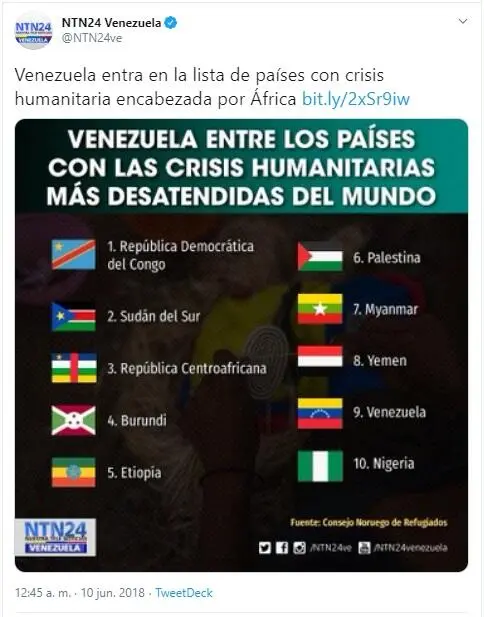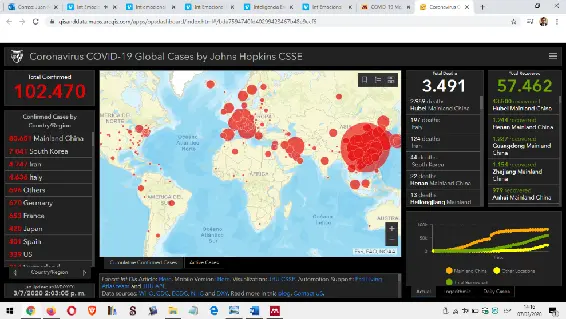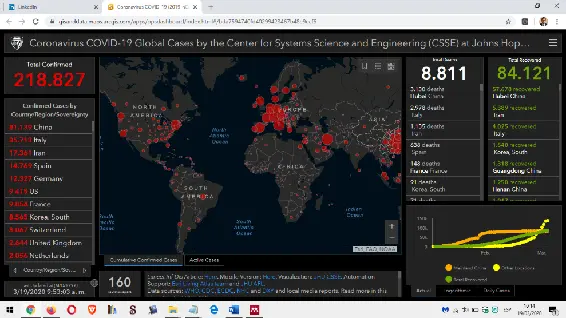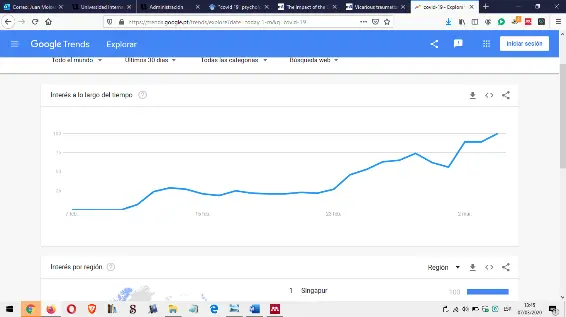Psychological
Aspects
in time of
Pandemic
Juan Moisés de la Serna
Translated by Jacqueline Passfield
Tektime Editorial
2020
“Psychological Aspects in time of Pandemic”
Written by Juan Moisés de la Serna
Translated by Jacqueline Passfield
1st edition: November 2020
© Juan Moisés de la Serna, 2020
© Tektime Editions, 2020
All rights reserved
Distributed by Tektime
The total or partial reproduction of this book, nor its incorporation into a computer system, nor its transmission in any form or by any means, be it electronic, mechanical, by photocopy, by recording or other means, is not allowed, without prior permission and in writing from the editor. The infringement of the aforementioned rights may constitute a crime against intellectual property (Art. 270 and following of the Penal Code).
Contact CEDRO (Spanish Center for Reprographic Rights) if you need to photocopy or scan any fragment of this work. You can contact CEDRO through the web www.conlicencia.com or by phone at: 91-702-19-70 /93 272 04 47.
In light of the very positive reception to the article entitled “Cual es el papel del psicólogo ante el nuevo Coronavirus (COVID-19)?” (“What is the role of psychology in the face of the new Coronavirus (COVID-19)?”) published in La Cátedra Abierta de Psicología y Neurosciencias on 12th February 2020, and the general interest evoked amongst fellow psychologists and other people with an interest in psychology, I have decided to produce this book, which addresses the subject of the psychological perspective in times of a pandemic.
Despite the fact that information concerning health crises such as COVID-19 is very recent and in some cases quite changeable, I am going to present a work based on current data sourced principally from scientific publications, and which will include, from the same sources, statements from various experts.
A book accessible to all who wish to delve into the psychological aspects of a mass phenomenon in times of a health crisis, as in the case of COVID-19..
Dedicated to my parents
INDEX
Prologue Prologue In light of the very positive reception to the article entitled “Cual es el papel del psicólogo ante el nuevo Coronavirus (COVID-19)?” (“What is the role of psychology in the face of the new Coronavirus (COVID-19)?”) published in La Cátedra Abierta de Psicología y Neurosciencias on 12th February 2020, and the general interest evoked amongst fellow psychologists and other people with an interest in psychology, I have decided to produce this book, which addresses the subject of the psychological perspective in times of a pandemic. Despite the fact that information concerning health crises such as COVID-19 is very recent and in some cases quite changeable, I am going to present a work based on current data sourced principally from scientific publications, and which will include, from the same sources, statements from various experts. A book accessible to all who wish to delve into the psychological aspects of a mass phenomenon in times of a health crisis, as in the case of COVID-19..
Chapter 1: Introduction to COVID-19
The name of COVID-19
Adoption of Health Measures
List of Illustrations
Referenced Tweets
References
Chapter 2. Reactions to COVID-19
Decisions in the face of COVID-19
Irrational Behaviour
Racism in the face of COVID-19
Referenced Tweets
References
Chapter 3. Mental Health and Lockdown
Emotions in Lockdown
Depression in Lockdown
Anxiety in Lockdown
The Immune System in Lockdown
Diet in Lockdown
Sleep in Lockdown
Resilience in Lockdown
Referenced Tweets
References
Conclusions
Chapter 1: Introduction to COVID-19
One may speak of a personal or a social crisis. A personal crisis takes place when an internal or external circumstance occurs which changes the manner in which an individual perceives their own present, future and even past, making them question either their own role in life, or all their thoughts and beliefs up to that particular moment. Such is the case when a family member, particularly a close one, dies, or an accident occurs, with associated health or autonomy implications. One may also face a crisis due to emotional issues, such as the breakdown of a relationship, or the divorce of one’s parents as a teenager. From a psychological perspective, such crises are viewed as being caused by the effect of many different circumstances upon an individual. But then there are the social crises, as in the cases of humanitarian crises, where millions of people abandon all they have and flee towards an uncertain future. Likewise, economic crises, where thousands of people lose their jobs overnight and with them their incomes, putting both their own survival and those of their loved ones at risk (@NTN24ve, 2018) (See Illustration 1).
Included in this type of crisis are those related to health, in which a disease may put at risk the life of an individual who, a few days earlier was perfectly healthy. Pandemics and health emergencies may be included in this category, as in the case of COVID-19, a disease that has mobilized thousands of doctors and health personnel who struggle daily, even risking their own lives, in mitigating  the effects of the virus,
the effects of the virus,
Illustration 1. Tweet – Humanitarian Crisis
[Venezuela enters the list of countries with humanitarian crises, headed by Africa]
 Whilst the media often affords the most visibility to numbers of cases and deaths, such information being provided from different governments and the webpage of the WHO (World Health Organisation), the Center for Systems Science and Engineering at John Hopkins University, USA (John Hopkins, CSSE, 2020) reports, numerically and visually, the numbers of cases, deaths and recoveries, both for each individual country and worldwide.
Whilst the media often affords the most visibility to numbers of cases and deaths, such information being provided from different governments and the webpage of the WHO (World Health Organisation), the Center for Systems Science and Engineering at John Hopkins University, USA (John Hopkins, CSSE, 2020) reports, numerically and visually, the numbers of cases, deaths and recoveries, both for each individual country and worldwide.
Illustration 2. Infections as at 7 thMarch 2020
Thus, on 7 thMarch 2020, which is when this book begins, the number of cases worldwide is 102.470, distributed amongst 101 countries. China has 80,651 cases, followed by South Korea with 7,041 and Iran with 4,747. Spain is in tenth position with 401 cases (See Illustration 2).
The portal also reports that the number of deaths to date is 3,491 people, with 57,462 having recovered from the disease.
 Updating the previous data on 19 thMarch 2020, the number affected worldwide is 218,827 people, distributed amongst 160 countries, with the number of worldwide deaths 8,811. (See Illustration 3)
Updating the previous data on 19 thMarch 2020, the number affected worldwide is 218,827 people, distributed amongst 160 countries, with the number of worldwide deaths 8,811. (See Illustration 3)
Illustration 3. Infections as at 19 thMarch 2020
Looking at Google (Google Trend, 2020) regarding the search trends for COVID-19, a term designated by the WHO on 11 thFebruary 2020 to refer to the new coronavirus that emerged in a province of China, and whose first case of the disease was reported on 31 stDecember 2019 (WHO, 2020), it can be seen how numbers of searches for this term have been progressively increasing worldwide, doubling between 11 thand 12 thFebruary, 23 rdand 24 thFebruary and 1 stand 2 ndMarch, a reduction only observed between 28 th  February to March 1 st(See Illustration 4).
February to March 1 st(See Illustration 4).
Читать дальше

 the effects of the virus,
the effects of the virus, Whilst the media often affords the most visibility to numbers of cases and deaths, such information being provided from different governments and the webpage of the WHO (World Health Organisation), the Center for Systems Science and Engineering at John Hopkins University, USA (John Hopkins, CSSE, 2020) reports, numerically and visually, the numbers of cases, deaths and recoveries, both for each individual country and worldwide.
Whilst the media often affords the most visibility to numbers of cases and deaths, such information being provided from different governments and the webpage of the WHO (World Health Organisation), the Center for Systems Science and Engineering at John Hopkins University, USA (John Hopkins, CSSE, 2020) reports, numerically and visually, the numbers of cases, deaths and recoveries, both for each individual country and worldwide. Updating the previous data on 19 thMarch 2020, the number affected worldwide is 218,827 people, distributed amongst 160 countries, with the number of worldwide deaths 8,811. (See Illustration 3)
Updating the previous data on 19 thMarch 2020, the number affected worldwide is 218,827 people, distributed amongst 160 countries, with the number of worldwide deaths 8,811. (See Illustration 3) February to March 1 st(See Illustration 4).
February to March 1 st(See Illustration 4).










